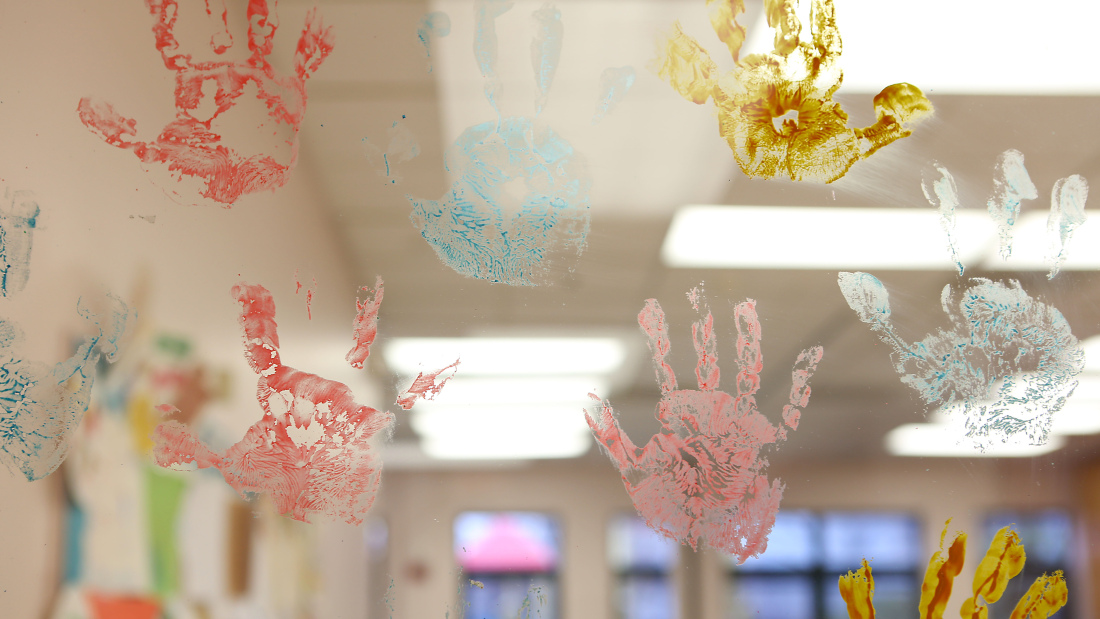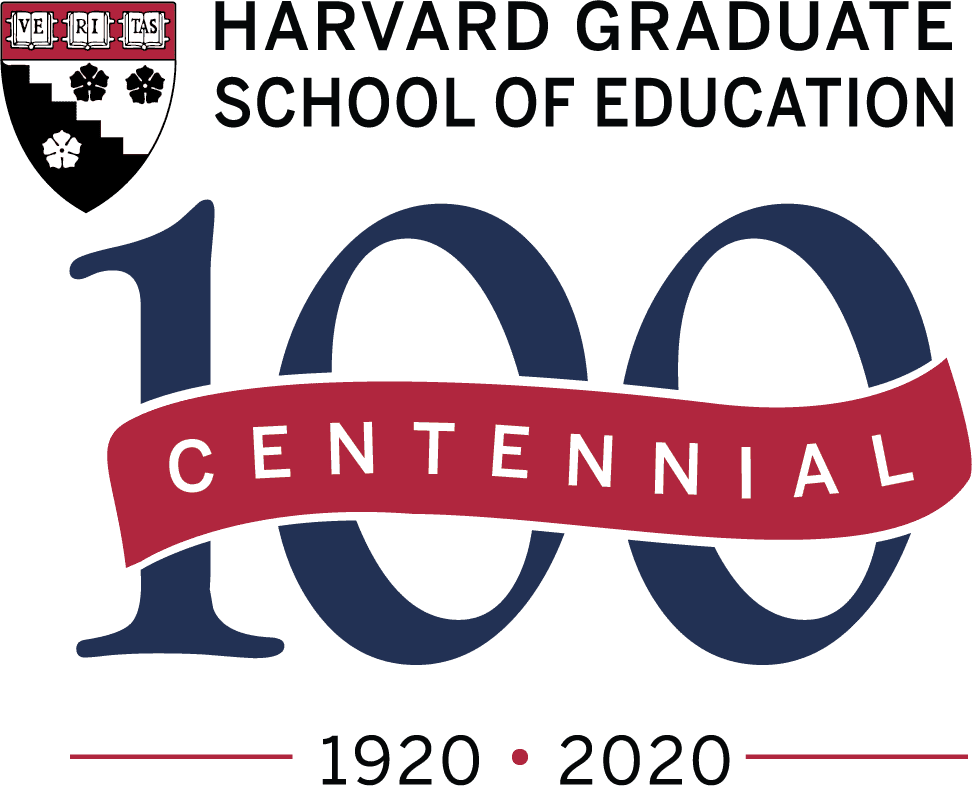The Best Start for Our Youngest Students

High-quality early education programs are essential to long-term learning success in kindergarten and beyond. But, according to Professor Nonie Lesaux, co-director of the Saul Zaentz Early Education Initiative, “Unfortunately, the truth is only about 20% of our nation’s three- and four-year-olds have a high-quality experience.”
Since 2016, the Zaentz Initiative has worked to change that statistic — developing three interlocking strategies for impact: conducting research to bring credible evidence to bear on public policy affecting young children, strengthening the field through high-quality professional learning, and cultivating a pipeline of new leaders in early education through a pioneering fellows program.
The Saul Zaentz Early Education Initiative promotes the knowledge, professional learning, and collective action necessary to build the best early learning environments and experiences.
Zaentz’s Professional Learning Academy is a bold, innovative strategy to bring executive education to the field of early education. It offers a series of online and in-person institutes and learning modules to help early education leaders develop the skills they need, on a schedule that works for them, and at a pricepoint they can afford. Programs like the Certificate in Early Education Leadership offer working professionals an opportunity to deepen their core knowledge, enhance their skills, and add to their leadership toolkit through a flexible, online, and job-embedded learning experience.
An essential cornerstone of the initiative is the Early Learning Study at Harvard, a first of its kind population-based study of early childhood education. Working with more than 5,000 children and caregivers from across Massachusetts, the goal is to look at children’s development in the context of their early education and care settings.
“We plan to follow these children and families for years to come,” Professor Stephanie Jones, Zaentz Initiative co-director, has explained. “With a population-based sample and an approach to gather data over time about the children and the places where they learn and grow, we will have an unprecedented strategy to drive transformation.”
In 2018 the initiative added a new component: The Zaentz Innovation Challenge, calling on individuals and teams to submit ideas, concepts, and strategic approaches to drive change in early education. Last year, more than 160 ideas were submitted from teachers, entrepreneurs, policy groups, and more from across the county, with 15 finalists selected to pitch in front of a panel of judges. Awards are handed out in three categories — Idea, Pilot, and Scaling — allowing Zaentz to support innovations at all stages of development.
“There is an urgent need for new solutions and tools that will increase early education opportunities and positive outcomes for all children,” said Lesaux and Jones when announcing the challenge’s 2019 finalists. “This is the motivation behind the Zaentz Innovation Challenge — to seed the field with cutting-edge ideas that have the capacity to drive lasting, widespread change in early education."
The Zaentz Initiative is a bold and forward-thinking investment in the field of early childhood education, and one that is squarely aligned with the Harvard Graduate School of Education’s mission of expanding educational opportunity and improving outcomes, especially for today’s most vulnerable children.
Learn More and Connect
Apply to the Certificate in Early Education Leadership program, offered by the Saul Zaentz Early Education Initiative.
Learn more about the research of the Zaentz Initiative on Usable Knowledge.
Watch a video about the Early Learning Study at Harvard.
Learn about the work of HGSE faculty members Dana McCoy and Junlei Li in the field of early education.
